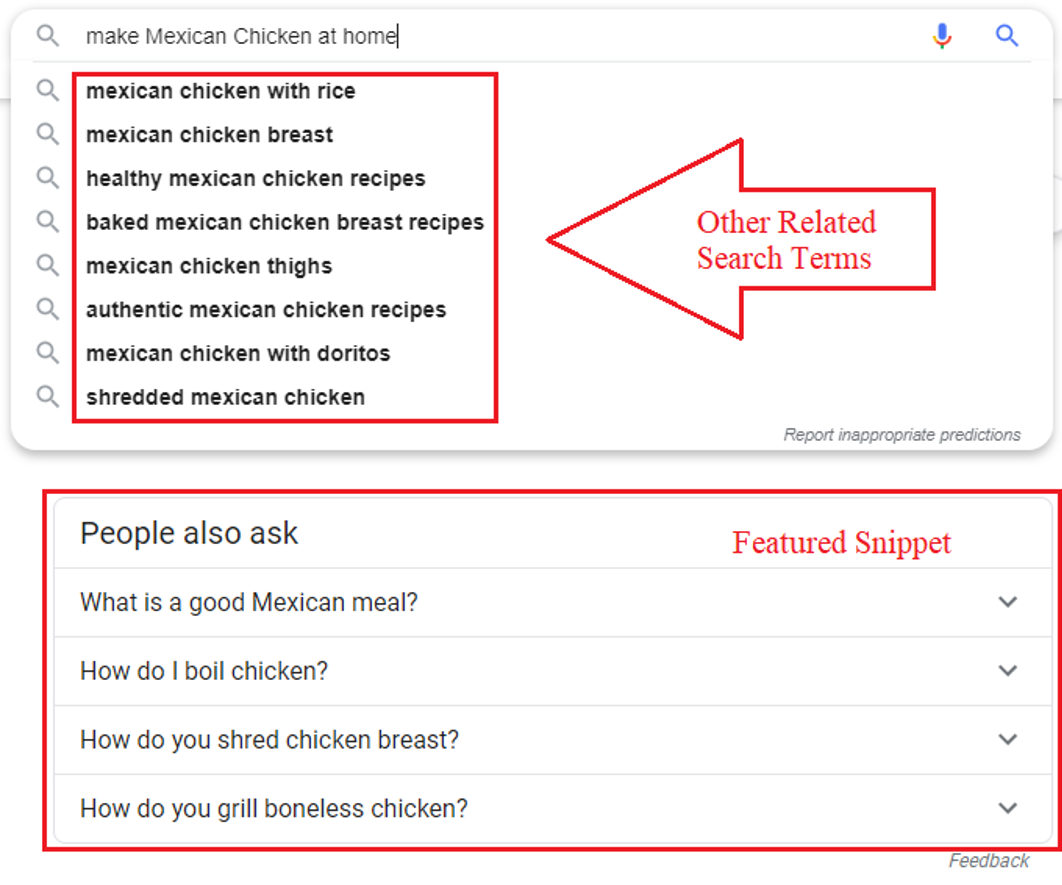How to Optimize Your Website for Voice Search in 2020

How to Optimize Your Website for Voice Search in 2020
Contributed ContentAs the popularity of voice search grows, so does the importance of evolving your company’s SEO and content strategy. Through content tweaking, keyword research, and added attention to users’ needs, your site can keep up with the rapid changes across search engines.
Voice search is no longer an unfamiliar term in SEO as it has gained recognition in the past couple of years.
A few webmasters along with a number of digital marketing and employer branding agencies have already started optimizing their websites for voice search. Many are still searching to find the answer to how to optimize a website for voice search.
Google claims that 55% of teens and 41% of adults have started using voice search to search their queries. At present, voice search has grown to 35 times from 2008.

There are over 33-million voice-first devices in circulation. Voice search is one of the hottest SEO trends of 2019. Sundar Pichai, CEO of Google, has also announced that one-fifth of Google queries are voice searches. 50% of the internet searches will be done through voice search by 2020.
Compared to the state of SEO in 2018 and the trends in 2019, it is clear that voice search is here to stay and there will be a continuous growth in users searching for their queries using voice search.
3 Ways Optimize Your Site for Voice Search
- Ensure Your SEO Approach Considers Voice Search
- Do Keyword Research for Voice Searches
- Optimize Your Content for Voice Search Results
1. Ensure Your SEO Approach Considers Voice Search
SEO in voice search is interesting because searching with voice is different from typing a query.
Voice search has significantly changed how people search, what they search and when they search. This impacts SEO to a large extent.
The searches will become longer and more conversational, but what does ‘more conversational” mean here?
Say, for example, you want to make Mexican chicken at home. What will you type to get a recipe? It would be short keywords such as “make Mexican chicken at home”, “Mexican chicken recipe” or something that looks similar to this.

But, as opposed to these related search terms, when you speak, you’ll likely search for the longer phrases like “how do I make Mexican chicken at home”. This should have a huge impact on how webmasters conduct keyword research and on-page SEO.
Voice search has also changed where people look for the information. Google has reported that the searches for “_____ near me” have increased by 150% in last few years and these searches are done at unexpected places (gyms, urinals, buses and other odd places).
Also, Google is cleverly changing its search engine to answer questions. The SERP features, like Featured Snippets and Knowledge Graphs, decrease clicks because people don’t have to visit a site to get the answer anymore.
A few years ago, you have scroll through 10 different links to find calories in a potato, but now, Google will read through featured snippets and will answer your query immediately.
So, what does this change mean for SEO analysts and content creators? The content of a site must give direct answers to the queries of people in order to be relevant and used.
2. Conduct Keyword Research for Voice Searches
Voice searches are conversational and natural when compared to text-based searches. This means that robotic combinations of keywords like “best”, “restaurant”, “nearby” are slowly getting replaced with phrases like “where is the best restaurant near me” during voice searches.

You need to keep this type of difference in searches in mind when evaluating keywords. You might still need to look for the keywords with high search volume, CPC and seasonal trends, but voice search has made it easy to figure out the conversational keywords.
According to the trends, natural-sounding keywords will get a big boost in search volume as voice search grows. If the keyword sounds robotic instead of conversational, expect fewer people to search for a specific term in coming years.
Also, it is helpful to remember that you don’t need to avoid using insanely long keywords anymore, since voice search has changed the game.
3. Optimize Your Content for Voice Search Results
There are several ways to improve your site and content to make it show up in voice search results. Even if you’re improving header text on your own or hiring an SEO team to help, following crucial steps can help you even further.
Create an FAQ Page
According to Backlinko, an average voice search answer is around 29 words long. This is why it’s critical for your content to answer queries in less than 30 words. Since it doesn’t make sense to write a 30-word blog post, the best thing to do is making a FAQ page.
As question-based keywords are on a rise, an FAQ page will help you get a boost on search results.
For example: If you are searching for the query “how auto insurance claims work”, the answer will likely come from an FAQ section of a webpage or from featured snippets.
This means you need to optimize your content for featured snippets, as 40% of voice search answers come from featured snippets.
Also keep in mind that featured snippets are important for Alexa and Google Home search results. These devices only give you one answer and if you are not ranking for featured snippets, you will be totally invisible on these devices.
Embed Longtail Keywords
Embedding long tail keywords in your content is helpful, since voice searches are generally long than keyword searches. This will help you rank higher for voice search queries.
However, this doesn’t mean that you need to create 1000 pages for 1000 different voice search keywords. You will be amazed to know that Google also pulls answers from a page even if the answer only makes up a small section of the content. This means you should start writing small paragraphs.
Include Filler Words
Including filler words in the content such as articles, prepositions and conjunctions will make your content read less robotically. This will make your page rank higher for voice search, as it will be more conversational.
Also, write longer content in general, as it will have a sweet spot in Google’s search algorithm. Aim for 1500 words or more and tie in those long tail keywords.
Make Your Content Accessible
Use simple language, as most voice search results are written at a 9th grade reading level. You should do the same in your own content and avoid using fancy words or jargons.
Also, ensure that your site’s pages are loading faster, especially those which are ranking higher, so users can access them easily.
Prepare for the Future of Voice Search
Voice search will only increase in popularity over time. As technology is advancing, more people are getting equipped with voice-first devices, impacting overall online searches.
So, what are you waiting for? Whether you do it yourself or hire a team, it is high time to optimize your website for voice search. To keep up with the changing nature of searches, start planning now with this knowledge.
